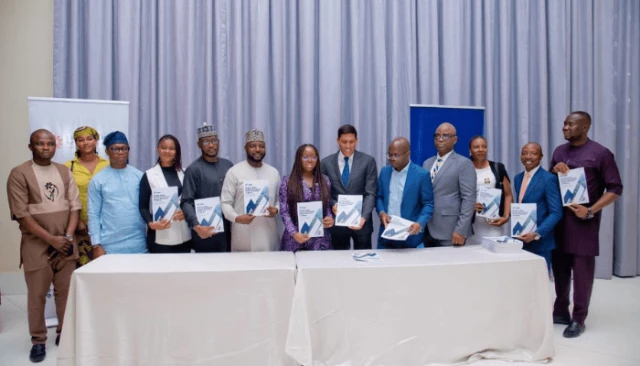Rocky Mountain Institute (RMI) and the Global Energy Alliance for People and Planet (GEAPP) have unveiled a comprehensive plan to capitalize on the 20 GW market potential in Nigeria over the next 10 years.
The organizations have stated that the utility-enabled distributed energy resource offers a unique opportunity to address power supply challenges, expand the private sector developer presence, enhance customer service, and reduce carbon emissions.
This was outlined in a report titled: ‘Roadmap for Utility-Enabled Distributed Energy Resources in Nigeria’, which was launched during a visit to successful energy transition projects in Nigeria by a high-level delegation from GEAPP, Rockefeller Foundation, and SEforAll.
During the report launch in Lagos, Wale Aboyade, Interim Vice President for GEAAP work/ impact in Africa, mentioned that the roadmap outlines strategies for increasing distribution company (DisCo) revenues, reducing carbon emissions by 33 million tonnes of CO2e annually, and addressing the power supply deficit.
He mentioned that the report highlights strategic business models that would lead to lower energy costs for customers by replacing costly, polluting fossil fuel generators. Additionally, it would provide renewable energy developers with access to a wider and more appealing range of project sites.
He also noted that the report was released shortly after the SDG7 Tracking Report revealed a regression in the progress towards the UN Goal of attaining universal access to sustainable energy by 2030.
Nigeria has the largest number of people without access to energy, with over 85 million people in this situation," he stated.
Aboyade also mentioned that insufficient and unreliable power supply hinders development, and the IMF has estimated that it causes a $29 billion loss to Nigeria's economy annually.




















